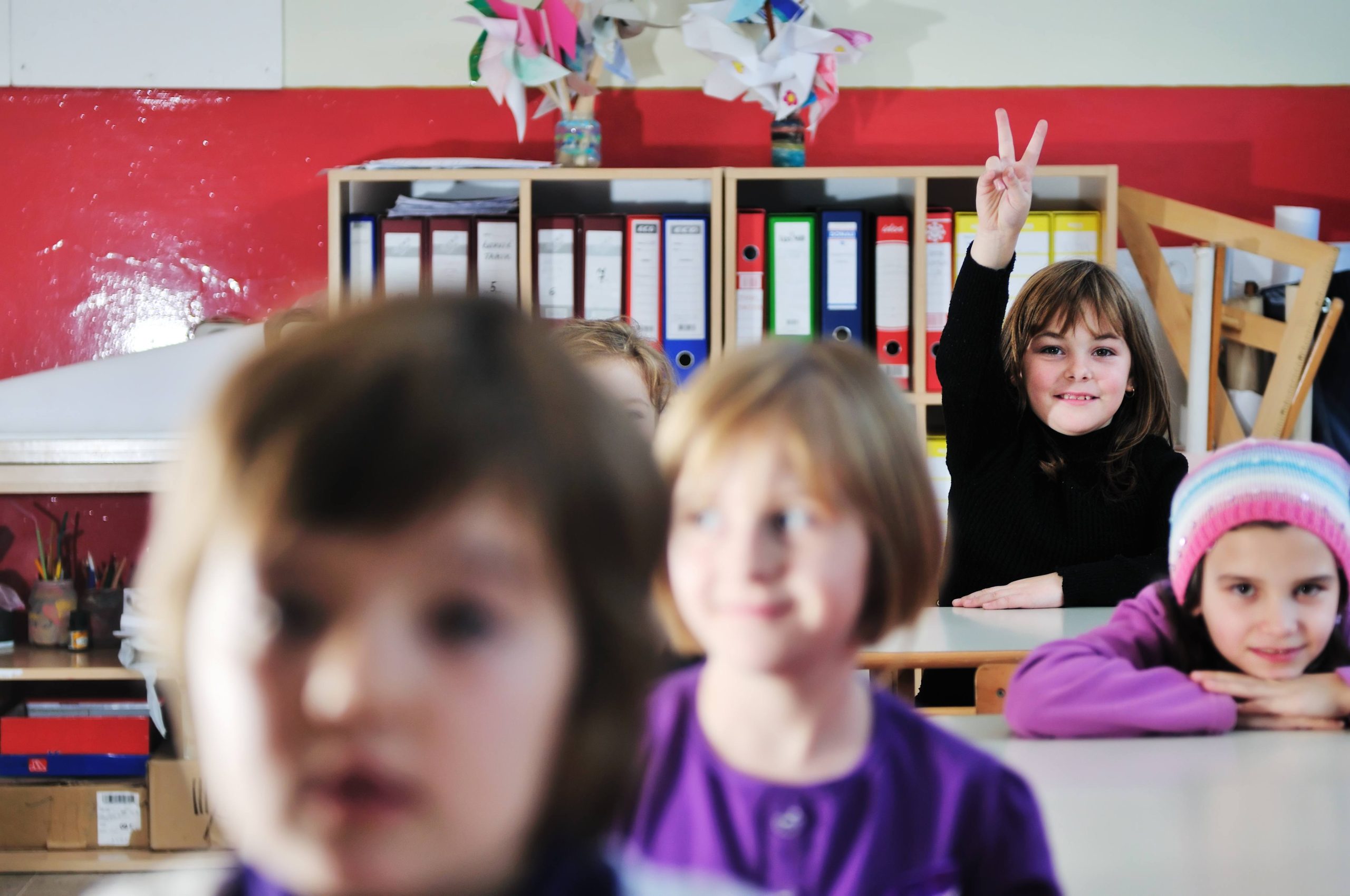
Is Preschool the Same as Daycare? Understanding Academic Focus
Preschool and daycare are often used interchangeably, but they serve different purposes. While both provide care for preschoolers during the day, their goals and objectives vary. Preschool focuses on preparing children for formal education, while daycare prioritizes providing a safe and nurturing environment while parents work.
The Goals of Preschool
Preschool aims to prepare children for primary school through structured educational programs. Academic goals include developing cognitive, social, and emotional skills. Subjects like literacy, numeracy, science, and social studies are taught using various methods such as play-based learning and direct instruction. Social and emotional skills like sharing, taking turns, and following rules are also emphasized.
The Goals of Daycare
Daycare primarily focuses on providing a supportive environment for children while their parents work. It emphasizes social and emotional development through free play and socialization activities. Daycare providers offer snacks, assist with toileting and nap times, and provide emotional support to help children feel secure and build relationships.
Curriculum in Preschool
Preschool curriculum is structured to prepare children for formal education. It covers subjects like literacy, numeracy, science, and social studies, with a focus on hands-on, play-based learning. Field trips and art projects are common, aiming to provide a strong foundation for future learning.
Curriculum in Daycare
Daycare programs lack a formal curriculum but offer activities supporting social and emotional development. Arts and crafts, storytime, and outdoor play promote creativity and self-expression. Daycare providers also offer emotional support and guidance, fostering a sense of security and belonging.
Teacher Qualifications in Preschool
Preschool teachers have specific training in early childhood education and hold degrees and certifications. They create a safe, supportive learning environment tailored to children’s needs, fostering creativity and exploration.
Caregiver Qualifications in Daycare
Daycare providers may not have the same level of training as preschool teachers but have experience working with young children. They focus on creating a nurturing environment, offering emotional support and guidance.
Benefits of Preschool
Preschool offers structured education and access to highly qualified teachers, preparing children for formal schooling. It promotes social and emotional skills alongside academic development.
Benefits of Daycare
Daycare provides a safe, nurturing environment for children while parents work. It fosters social and emotional development through free play and emotional support from caregivers.
Drawbacks of Preschool
Preschool can be expensive, and its structured nature may not suit all children. Some may find separation from parents challenging, while others may prefer more free play.
Drawbacks of Daycare
Daycare lacks a formal curriculum and may have less structured activities. Caregivers may not have the same qualifications as preschool teachers, potentially affecting the quality of care.
Choosing the Right Option
Consider your child’s developmental needs, family schedule, budget, and preferences when choosing between preschool and daycare. Combining both options part-time can provide a balance of academic preparation and socialization.
Supporting Your Child’s Development
Regardless of the chosen program, support your child’s learning, social, emotional, and cognitive development at home. Engage in activities like reading, imaginative play, hands-on learning, and providing a nurturing environment.
Conclusion
Preschool and daycare serve distinct purposes, with preschool focusing on academic preparation and daycare prioritizing social and emotional development. By understanding the differences and considering your child’s needs, you can make an informed decision to support their growth and development.


